$2M grant to fund 'first hands' communication, medical skills training
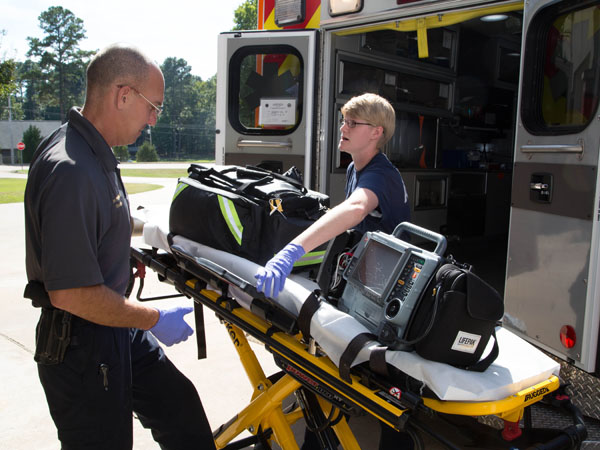
When a four-wheeler flips or a tornado touches down in a rural area, it's the first hands on the scene - those of a volunteer firefighter, a local police officer, perhaps a state trooper -- that can make the difference between a victim living or dying.
Their ability to use technology to communicate with emergency dispatchers and get professional medical care started is paramount, but for many, training is limited.
A program developed by the University of Mississippi Medical Center to provide that education for first responders isn't just a resource for the state. It's being recognized as a model for the nation.
The U.S. Department of Homeland Security is boosting UMMC's ongoing First Hands program with a $2 million grant to carry out a rural emergency medical communications demonstration pilot project. The goal: Enhance emergency communications and response capabilities, and help develop a national emergency communications plan by using existing technology.
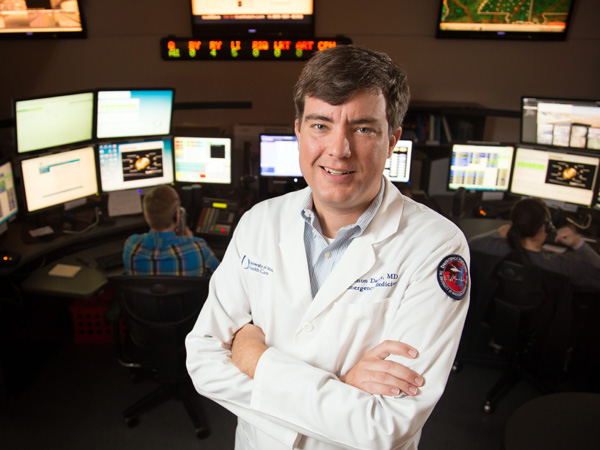
“It's a marriage that is perfect to promote medical care in rural America and to solve mortality challenges throughout the country,” said Dr. Damon Darsey, UMMC assistant professor of emergency medicine and medical director for the Mississippi Center for Emergency Services.
“Mississippi has one of the most state-of-the-art radio systems in the country. We have an academic medical center that is forward-leaning here and trains responders,” Darsey said. “This allows us to have that radio system combined with the desire of this facility to improve medical care throughout the state.”
First Hands was developed over the last three years by UMMC's emergency services team to improve the statewide public safety communications system and to extend its use to better support rural medical care and communications, Darsey said. That system includes nearly 30,000 public safety users of the Mississippi Wireless Information Network mobile radio system, known as MSWIN.
First Hands will develop and implement the training programs for the funded initiative, the Rural Emergency Medical Communications Demonstration Project. The grant was announced Tuesday by U.S. Sen. Thad Cochran of Mississippi.
“When you have a volunteer firefighter, law enforcement or non-medical professional pull up on an accident in the middle of nowhere, they get there first. The professional responders arrive behind them. It's a layered system,” Darsey said.
“The program will allow these people to get training on how to collect data and communicate findings early in the process - to provide the best care possible, but also communicate that care downstream so that whatever hospital the patient goes to will have the best information possible.”
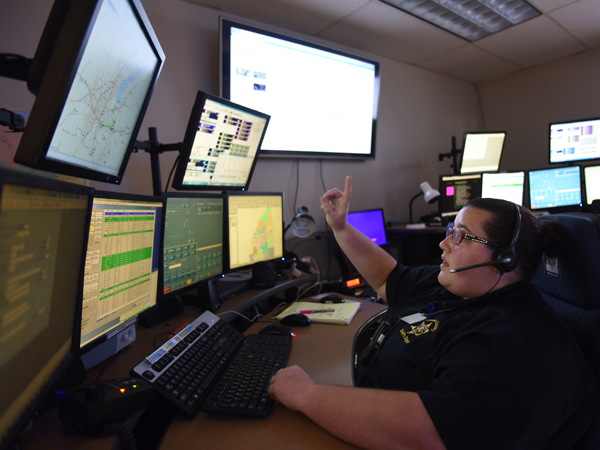
That training will include how those first hands can use their own radios to better communicate what they see, and “to communicate through whatever means they have to improve the response of the professional responders who are on their way,” Darsey said.
“They're the first people to touch the patients,” he said. “One of the ways we will improve mortality is to improve those who provide the first care. Not everyone can go to medical school or paramedic school, but we can give them as much information as possible and provide them with the training, communication and quality assurance.”
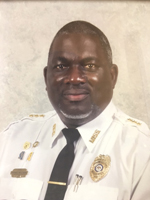
Bolton Police Chief Michael Williams and his nine police officers respond to accidents in their rural west Hinds County corner - most of them caused by motor vehicles, four-wheelers and farm equipment. “Normally, we're the first ones there,” Williams said. “Any accident, we get it, and then we make the 911 call.”
Enhanced communication and medical training, Williams said, would greatly benefit his officers. “Most have had first aid and CPR, but not beyond that,” he said.
Coordination of communication is key, said Dr. Alan Jones, professor and chair of the Department of Emergency Medicine. “Any time you can improve communication from the time of entry into the medical care system all the way through, you will improve the patient's experience and care,” he said. “This training will help get all of the potential medical care providers on the same page of communication.
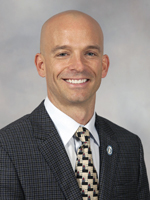
“It also helps us have a handle on what we are dealing with so that if we need to push resources, or to talk a responder through some intervention or steps that can help the patient, then at least we're communicating at the most proximal point.”
Walnut Mayor Vicki Skinner has been a member of her Tippah County town's volunteer fire department for more than 25 years. “My dad helped to start the department 56 years ago,” she said.
She knows the feeling of being the first responder on the scene. “We're 20 minutes from Ripley and 20 minutes from Corinth,” she said. “We're right in the middle of nowhere.”
Her department is fortunate enough to have three paramedics among its 32 members. “We'd be willing to do any additional training. We're at the intersection of highways 72 and 15, and we have a lot of bad accidents. Our communications system has been struck by lightning, and it's not as good as it needs to be. Our radios could always be better.”

The grant money won't be used to purchase radio communication equipment, but the training it funds “helps us get all of the individuals on the MSWIN network so that everyone can talk to each other on the same frequency and in the same way,” Jones said.
“Not only are we using the public safety training through the Medical Center and emergency communications partnerships through MSWIN, but we can collect data on how the technology is used. That can help us better predict ways to provide resources to all rural communities.”


